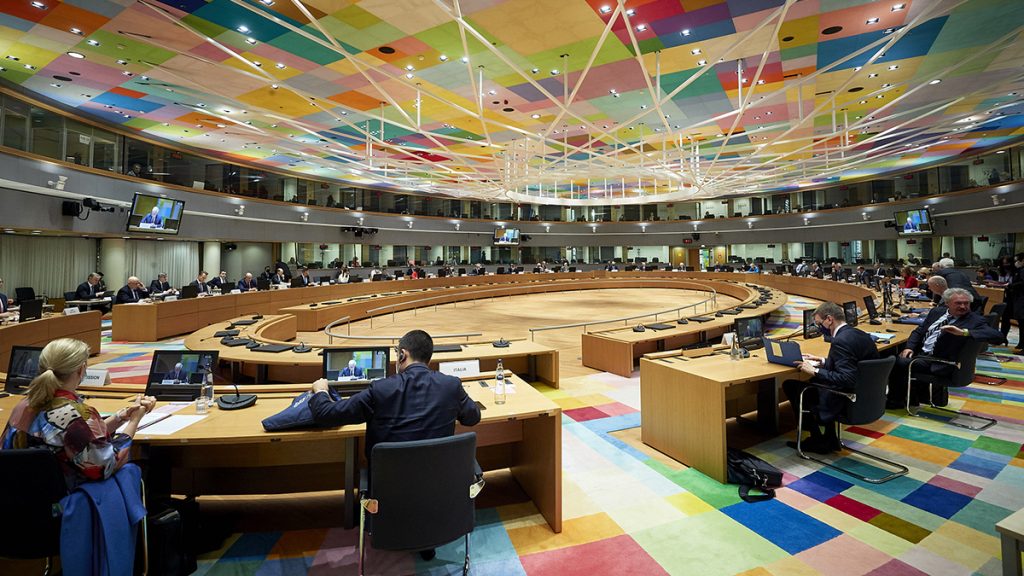The Council of Ministers is one of the most important decision makers in the European Union. There, ministers from the governments of 27 EU countries participate to negotiate and decide on the European Commission’s proposal for EU law. The meeting of ministers depends on the topics to be discussed. It was established in the research that the member states of the Cabinet prefer to cooperate with their neighbors, leading researchers to perceive the patterns as slow. However, researchers can only now explain the reason for the laziness.
Political scientist Markus Johansson has investigated the consequences of Brexit on EU cooperation by examining how patterns of cooperation in the Cabinet changed from before Brexit 2016, onwards.
stable cooperation patterns
Since patterns of cooperation are stable over time, he tested a structural interpretation of cooperation based on the fact that countries with similar economic policy regimes at the national level should also have more similar interests in EU negotiations. This is set in the study against an illustrative model that deals with the ideological differences between the ruling parties in the member states. This is a more flexible factor as the ideological orientations of governments are affected by national elections and potential changes to government.
The results indicate that member states with more equal economic policy systems also have stronger cooperative relations, and that the effect of this is equal before and after the Brexit referendum. This provides the first indication that these similarities may be a fundamental reason for the stability of cooperation between member states over time, and that they follow geographical patterns.
Three dimensions of ideological difference
Ideological differences between governments are measured in three dimensions: economic left, gal tan (green, alternative, libertarian and traditional, authoritarian, nationalist), and attitude toward European integration.
Prior to the Brexit referendum, none of these ideological dimensions had any impact on relations between member states. After the referendum, both the Gal Tan dimension and the attitude towards European integration influence cooperation. Thus, member states that are ideologically similar in these dimensions have had closer cooperation in the period since it became clear that the UK was leaving the EU.
The cause has not been investigated
The study did not explain the reason for this change. But it is clear that member states have had to adapt their relations to the new political landscape of which Britain is no longer a part.
At the same time as the UK’s withdrawal process is taking place, EU cooperation is also in the political spotlight in general. Marcus Johansson says this could contribute to increasing the ideological logic behind the new relationships that arise when a member state disappears.
Scientific material:
Call:
Markus Johansson, University of Gothenburg, [email protected]

“Extreme tv maven. Beer fanatic. Friendly bacon fan. Communicator. Wannabe travel expert.”






More Stories
World's oldest railway bridge to be repaired ahead of its 200th anniversary in UK
Britain botches climate target, leaves EU lagging behind – Hufvudstadsbladet
Sweden to train Ukrainian soldiers – 120 instructors to travel to Great Britain – Hufvudstadsbladet